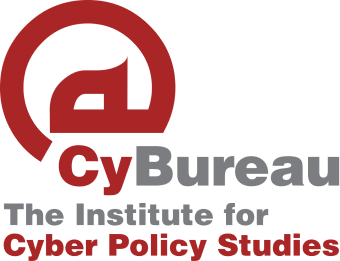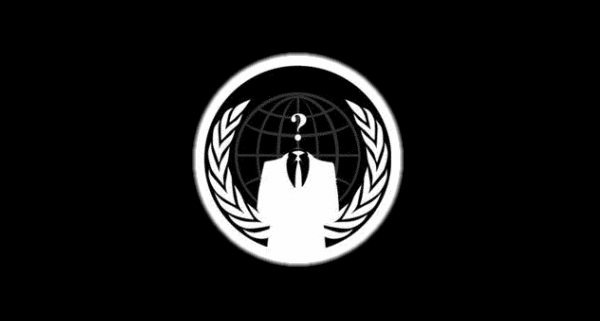Anonymous attacks in Iran and Syria
The hackers’ movement takes on the tyranny in Iran, Syria and other Islamic countries. The movement fights for justice, the nature of which it determines itself, and does everything in its power to show everybody it reigns supreme on the Internet.
The activist hackers’ movement Anonymous has been on the attack again these last few days, against websites and computer systems all over the word, including the Mediterranean Basin. In the beginning of this month, the movement activists attacked the mail server of the Iranian Passport Bureau and succeeded in taking possession of more than ten thousand email messages.
They uploaded their booty, some 63 megabytes (quite a lot as it represents text files only), and put it all on a file-sharing website. This information spread quickly all over the Internet. In order to prove their responsibility, one of the activists sent a message from one of the servers that were broken into.
According to a member of the movement, the aim of the attack was to embarrass the Iranian government, both in the “real world” and the cyberspace. “I do not understand why the Islamic regime continues to finance its own virtual forces”, said the member, “while these are impotent when it comes to protecting their most important mail servers”. The group executed an onslaught of the type DDoS against Iranian computers in June 2009 and it is estimated that it would make another attack of this sort on the second anniversary of this feat, on June 12th 2011.
In the same period, a similar attack was directed against the servers of the Dubai government, which was on a much smaller scale, and in its course some hundred user names and passwords, apparently expired, belonging to government officials, were stolen. According to an activist who is believed to be related to the movement, this action was undertaken because “it is high time that governments learned they had no power over the Internet. This is our world”.
The Syrian authorities too experienced assault on behalf of the movement activists. On the 4th of June a large-scale on-line assault was reported against websites of Syrian embassies worldwide and other Syrian governmental websites. This was in protest over the twenty-four hour shutdown of the Internet in Syria, which had been carried out the day before by the Syrian authorities. A study of the movement’s announcements suggests that its activists plan a similar attack on the Turkish government’s computers. The cause is similar to the one given for the onslaught on Syria – in protest against the severe limitations imposed by the government from time to time on the use of the Internet nation-wide.
The Anonymous movement does not attack states only, but organizations as well. The movement gave notice, and even posted it on Twitter, that it would attack the IMF computers “in support of the Greek revolution”, as a part of the deliberations regarding the massive support of the IMF for the restoration of the Greek economy. According to the argument of the movement, this support was given over the heads of the population and without it having voted on the accord with the International Monetary Fund.
These announcements made the IMF spokesperson declare that the Fund had taken the necessary measures to protect itself from the imminent attack by Anonymous. Similar to their support of the people of Greece, the Anonymous activists announced their intent to attack the website of the Catalan parliament in support of the wave of protest in Spain against the EU, among other causes.
On the movement-affiliated website, there are also references to the next Turkish flotilla (Freedom Flotilla II). In this case there is no clear reference to a planned attack on Israel, but one cannot exclude the possibility that Israel too will have to face an on-line offensive by members of Anonymous, similar to the assaults on the Iranian and Turkish governmental computers, in case the Turkish flotilla sails again this year.




